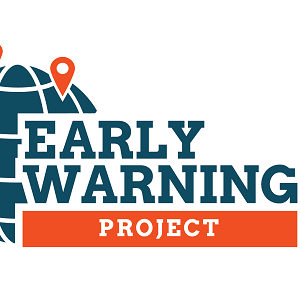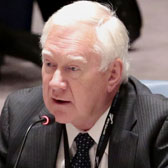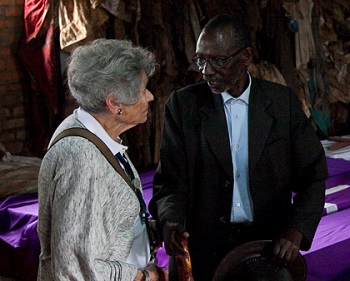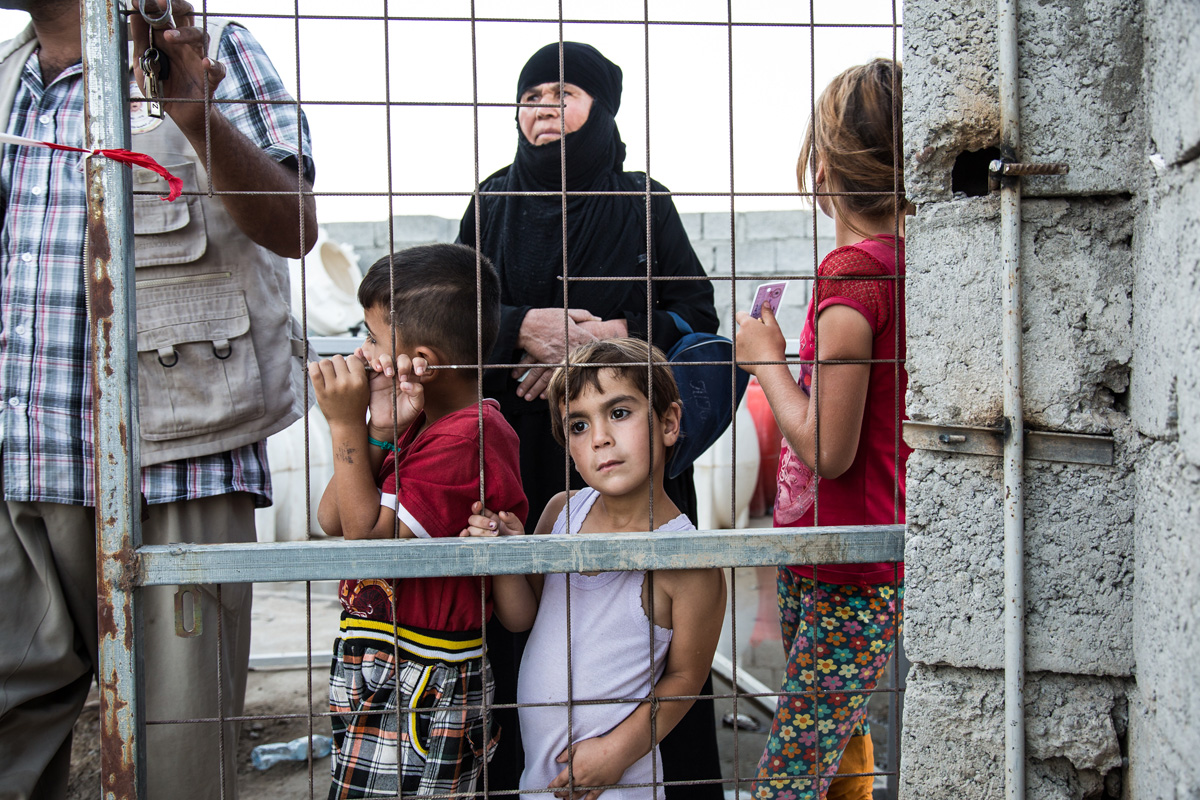-

Another Take on the Risk of Mass Killing in Rwanda
June 4, 2014
In a new post on African Arguments, Bert Ingelaere and Marijke Verpoorten ask rhetorically if state-led mass killing could happen again in Rwanda and answer with an unequivocal yes.
-

Do U.N. Peacekeepers Stop Atrocities?
June 3, 2014
The ongoing mass atrocities in South Sudan have been particularly stunning because they have taken place in the presence United Nations peacekeeping forces. Shouldn’t U.N. peacekeepers have prevented these attacks on civilians? More broadly as we consider our annual statistical risk assessments for state-led mass killing, does the presence of U.N. peacekeeping operations reduce the risk of a mass killing episode?
-

The Colombian Elections and Prospects for Peace
May 30, 2014
On Sunday, May 25, 2014, Colombians went to the polls to elect their next president. Electoral rules are such that if no candidate receives 50% of the vote, a second round (a run-off) occurs between the two candidates that received the most votes in the first round. Given relatively strong showings by “non-traditional” or “third parties” in the election (more about this below) and historically high levels of protest ballots cast for no candidate (“voto en blanco”), no candidate cleared the 50% threshold. The two top vote-getters, incumbent President Juan Manuel Santos (who received 25.66% of the vote) and Óscar Iván Zuluaga (who received 29.26% of the vote) will face one another in a run-off on June 15, 2014.
-

Eyes on Mali
May 29, 2014
The civil war in northern Mali is flaring anew, and with it, possibly, the risk of mass atrocities.
-

Central African Republic: Forecasting Outcomes and Drivers of Conflict
May 16, 2014
Since December 2013, the Central African Republic (CAR) has experienced a rapid escalation in armed violence, with nearly 650,000 internally displaced and over 300,000 seeking refuge outside of the country, and a looming humanitarian crisis. Reports call CAR a “hell on earth” with descriptions of wide-spread ethnic violence that is increasingly being described as ethnic cleansing. In the midst of what has occurred on the ground, the Early Warning Project is also examining the accuracy of forecasts derived both from our statistical risk assessment and also from our expert opinion pool. In our statistical risk assessment, CAR was ranked in the top 15 countries most at risk for a state-led mass killing episode, defined as “the deliberate actions of state security forces or other armed groups result in the deaths of at least 1,000 noncombatant civilians over a period of one year or less.”
-

Alarmed By Iraq
April 30, 2014
Iraq’s long-running civil war has spread and intensified again over the past year, and the government’s fight against a swelling Sunni insurgency now threatens to devolve into the sort of indiscriminate reprisals that could produce a new episode of state-led mass killing there. The idea that Iraq could suffer a new wave of mass atrocities at the hands of state security forces or sectarian militias collaborating with them is not far fetched.
-

UN Security Council and US Senate Pass Resolutions on the Prevention of Genocide
April 21, 2014
Both resolutions commemorate the 20th anniversary of the Rwandan genocide and call on states to recommit themselves to the prevention of and fight against genocide and other serious atrocity crimes.
-
The Rwanda Enigma
April 18, 2014
Contemporary Rwanda is puzzling because it provokes a polarized reaction. Many observers laud Rwanda as one of Africa’s greatest developmental successes, but others warn that it remains dangerously prone to mass atrocities. In a recent essay for African Arguments on how the Rwandan genocide changed the world, Omar McDoom nicely encapsulates this unusual duality...
-

Journey to Rwanda
April 6, 2014
A report from Mike Abramowitz, director of the Museum's Center for the Prevention of Genocide, who is in Kigali with a Museum delegation to participate in the 20th anniversary commemorations of the genocide in Rwanda.
-

Chad: Does Regional Instability Contribute to the Risk of a Mass Killing?
April 4, 2014
In our statistical risk assessments, Chad currently ranks among the 30 countries worldwide at greatest risk of an onset of state-led mass killing. At the same time, our pool of experts has set Chad’s risk at 8 percent, low compared to several other countries in that Top 30. For example, our experts’ current forecasts for Iraq and Pakistan, both in the Top 30, are 22 and 23 percent, respectively, and for Myanmar, 38 percent. Considering the relative instability of Chad’s neighbors and Chad’s history of coups and ethnic conflict, why do our experts see such a low chance of a mass killing episode, and what might change their predictions?


